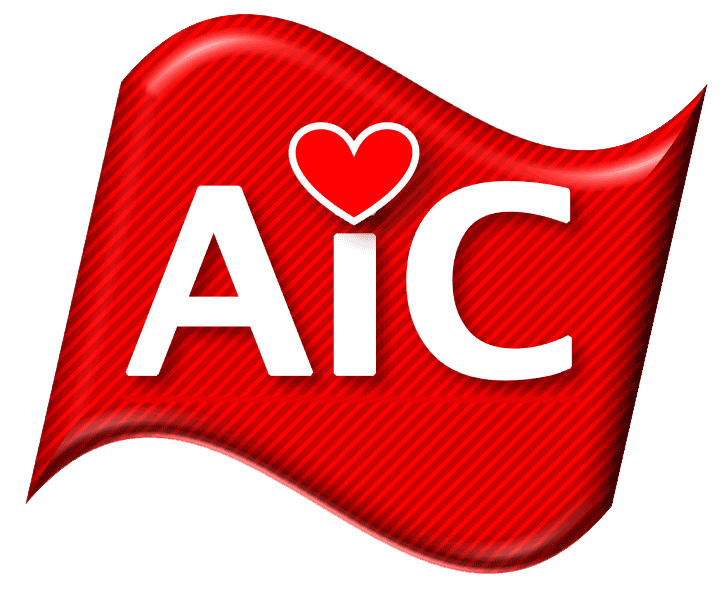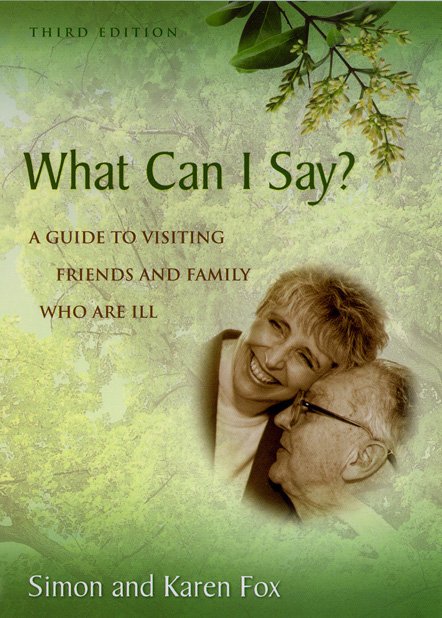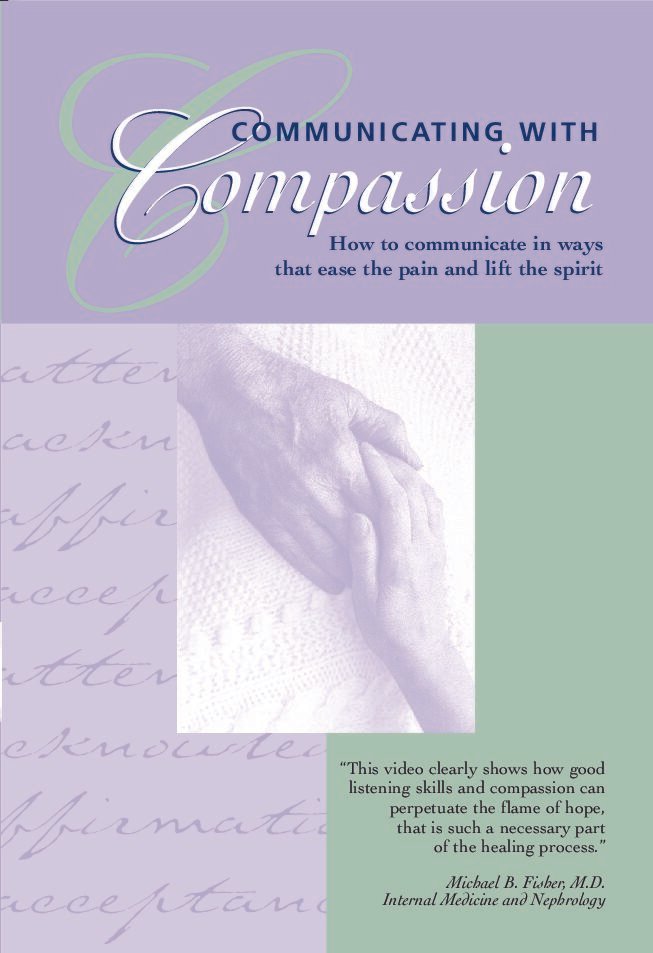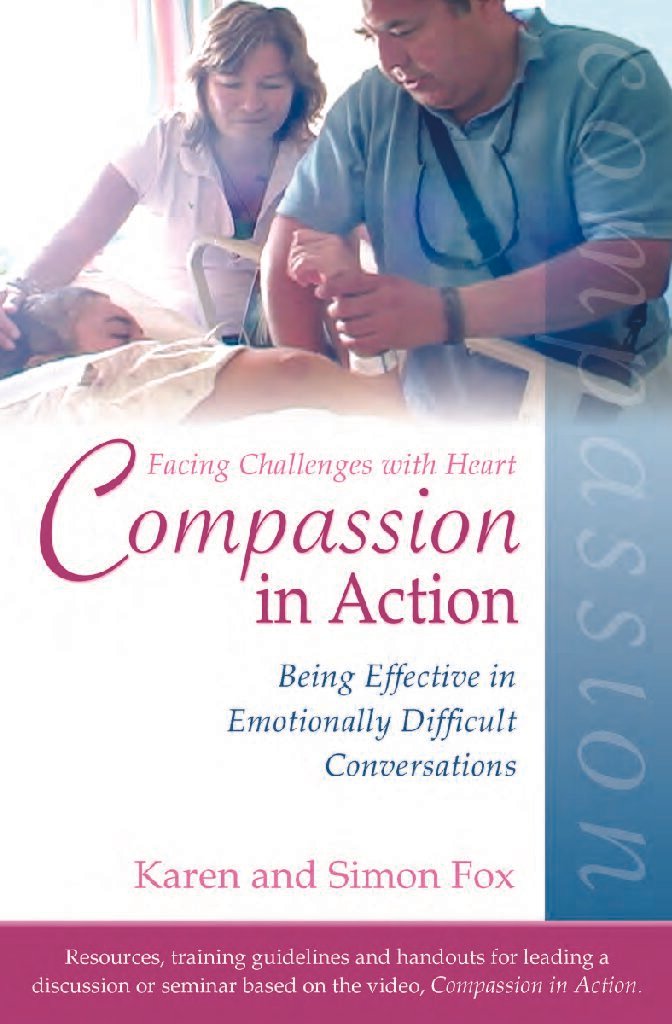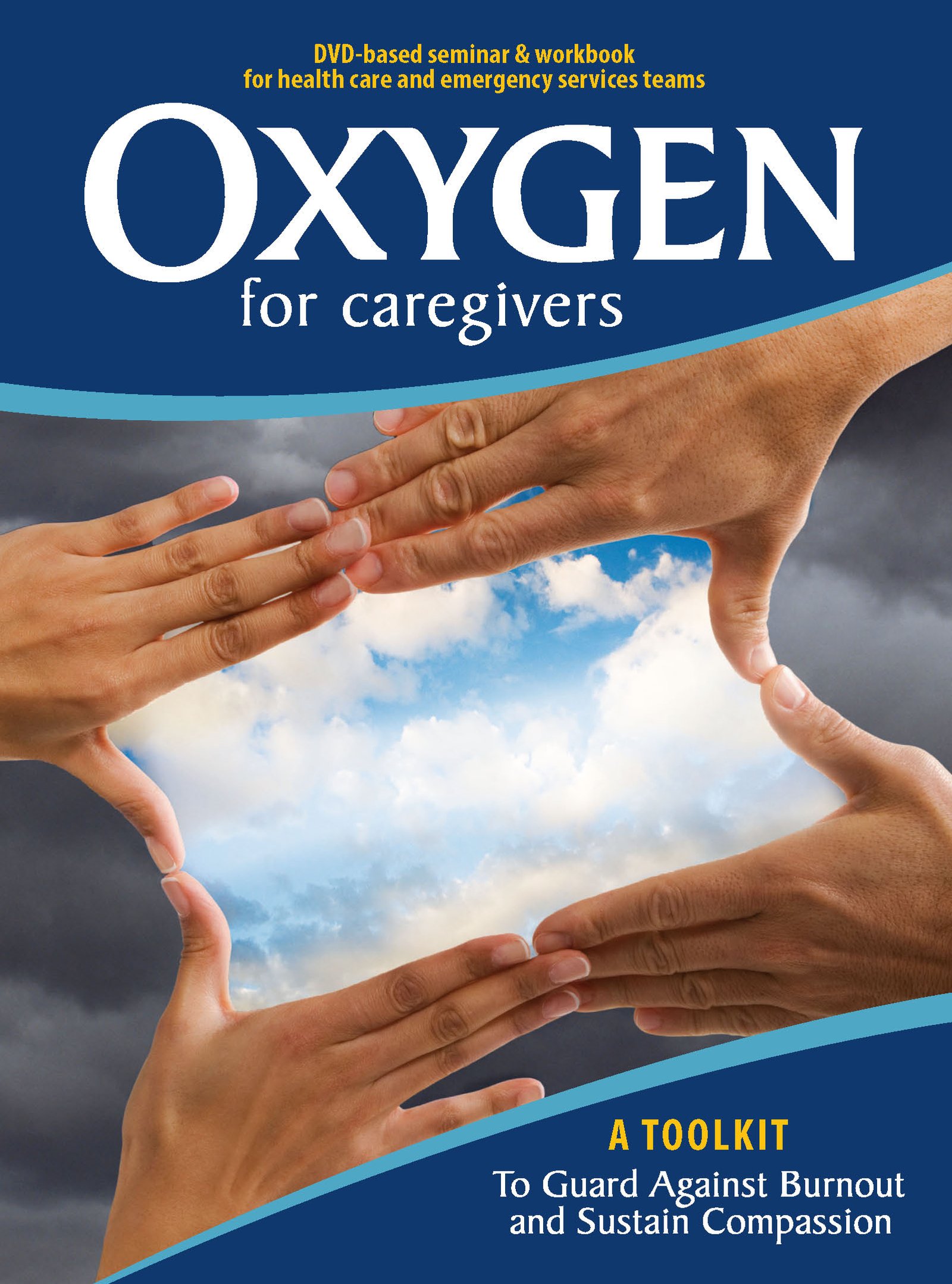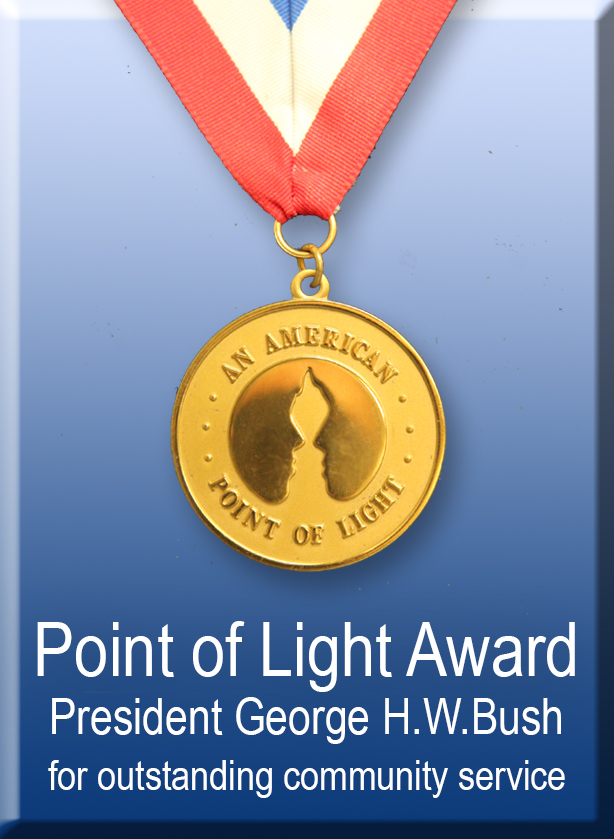Individual Learning
An ideal resource for those of us who step up to care:
- Family caregivers
- Hospice or hospital volunteers
- Faith community members
- Service club members
- Military families
- Friends
- Emergency response team volunteers
A handy little book that fits in your purse or back pocket. For family and volunteers to find the right words and actions that bring most comfort to those who are suffering.
Learn how to:
- Avoid the most common mistakes made when visiting the sick.
- Cope with the emotions of illness and healing.
- Convery the four elements of compassion used by gifted healiers.
- Find resources for healing and support
- Transform somene’s darketst hour into a time of healing.
Communicating with Compassion
For Individual Inspiration
Three-Day Online Video Rental
- View The Communicating with Compassion video.
- Instructions to help you facilitate a reflective conversation about the program. 4-page downloadable PDF
How to communicate in ways that
eases pain and lifts spirits.
Karen and her team vividly demonstrate, with beauty and humor, in real life situations, how anyone can learn to empower, encourage, bring hope, and lift the spirit.
In this inspiring, best-selling video Karen Fox and her team show how to treat the sick, injured, and dying with compassion. They demonstrate the four things that must happen in conversation for a person who is suffering to experience compassion.
These are the fundamental skills needed to build a bridge to the other person’s world, to get compassion across.
“Teaching compassion is different than teaching how to change the oil in your car, or use a new computer. For this, and other reasons, it has often been discarded from medical training, and is today frequently thought of as a frill, a nice, but unessential element. Yet, throughout history compassion has been the universal solvent, the key ingredient to true healing”.
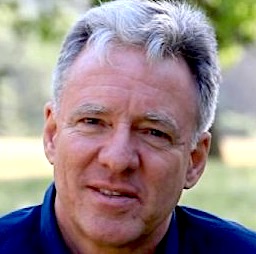
Simon Fox, Executive Produer/ The Medicine of Compassion.
Core Skills for Compassion
Learn to:
-
Listen in ways that transform suffering
-
Approach emotionally difficult situations with confidence
-
Strengthen a person’s reasons and resources for healing
-
Avoid the pitfalls of inappropriate communication
What people say
about this video:
This video is one of the most outstanding training tools for staff and volunteers that I have ever seen. I know I’ll be using it often.
The best educational resource I have ever seen for teaching compassion. It’s inspiring, and shows exactly how to give the psychosocial support that patients need. Everyone in the health professions should see this video.
I was impressed by how the film spoke to such a wide variety of people. Students and nurses aids easily understand the material, yet medical doctors also find it valuable.
Your video touches both the head and the heart. It flows and the teaching points are made so naturally. I cried at several places. Thank you for an effective and beautiful video.
A genuinely touching piece of work – it goes right to the heart. I have all staff view it on a regular basis and prn in times of stress or despair. This video is a powerful reminder of the human component in patient care.
Scenes from
Communicating with Compassion:

Anyone who wants to increase their ability to communicate with compassion, empathy and caring, will benefit from this video. Communicating with Compassion is a special blend of practical know-how and sensitivity to the unique needs of individuals who are ill. It is a “must see” for all health care providers
Throughout history, compassion, caring, and love have been the foundation of healing. Without them, medical science and technology are inadequate. The Medicine of Compassion reminds us that these factors remain crucial in health care, as the greatest healers have always known.
As I reflect on the widespread need in our frantic, fractured society for people with a healing touch, I cherish a fervent hope that this resource will become available to the countless people who could use it to learn how to enhance their caring attitudes and skills.
An artistic and uplifting video that gives us the tools to enhance the lives of those who are suffering, from whatever cause.
Communicating with Compassion is by far the best teaching tool I could use in the area of listening and communication skills. Thank you for your great effort to teach us all that compassion is the key element to a healing encounter.
When I saw Communicating with Compassion it was love at first sight. I use it with new trainees and at monthly in-service meetings. This video is an education for the heart as well as the head.
Compassion in Action
For Individual Inspiration
Three-Day Online Video Rental
- View Compassion in Action.
- Instructions to help you facilitate a reflective conversation about the program. 4-page downloadable PDF
When Times Get Tough
Compassion comes naturally when people are suffering. But what about when those people are upset or difficult to work with? Is it possible or practical to extend compassion when the going gets tough?
Compassion in Action shows the art of communicating with patients when difficult emotions arise. Using real-life footage from authentic situations the video gives a fresh look at an age old problem: How to keep caring when patients are difficult?
Audience members learn time-tested strategies while building the confidence and skill to be effective in difficult interactions.
SimonFox, Executive Producer
Executive Producer
/The Medicine of Compassion
Authentic examples of how experienced caregivers respond to patients who are:
- Uncooperative.
- Afraid of losing their autonomy.
- Confused.
- Grieving.
- Having unrealistic expectations.
- Forgetful.
- Unable to speak.
- Argumentative.
- Frustrated.
- Angry.
- Feeling sorry for themselves.
- In a coma.
- Dying Young.
Being Effective in Emotionally Difficult Conversations
Learn to:
-
Build healing partnerships that grow stronger despite the difficulties.
-
Turn a difficult conversation into a discovery conversation.
-
Identify the three layers of a challenging conversation to find clues to the solution.
-
Recognize the pivotal moment when a conversation can turn around.
-
Face challenges with heart.
What People say
about this Video:
A Wonderful follow up to the The Medicine of Compassion. It stimulates a discussion on more complex situations where demostrating compassion can be difficult.
Compassion is often forgotten in the skill driven curriculums of nursing schools. This program brings some much-neede attention to the core of nursing. The scenarios were informative and genuine. Thank you for providing quality programs for nurses from every generation”
An opportunity to see what a profound difference human caring makes in the lives of others! Real life situations show how to engage with others in a way that cares for their spirit, their emotions, their humanness. I will be using Compassion in Action as a teaching tool for professional and volunteer caregivers
Scenes from
Compassion in Action:
An insightful look at experts delivering emotionally supportive care to very difficult patients. A clear demonstration of the need for, and value of, compassion in health care.
I love this video! It’s a wonderful, candid example of compassion at work in a variety of health care settings. It shows the humanity and joy we can find – even in the tougher situations – if we approach them in the right way.
Compassion in Action is a beautiful, practical demonstration of how to infuse difficult conversations with love.
A wonderful follow up to The Medicine of Compassion. It stimulates a discussion on more complex situations where demonstrating compassion can be difficult
What is so special and valuable about this video is seeing actual spontaneous reactions in real-time. They demonstrate and inspire the art of being present and observant
Oxygen for Caregivers
An inspiring, interactive online course
for any Caregiver
Oxygen for Caregivers 4 min. Trailer
Introduction by ELNEC Project Director,
Pam Malloy, MN, RN, FPCN, FAAN
Overview by the Course’s Author
Simon Fox, Executive Director,
Adventures in Caring Foundation
How to Navigate the Course
– by Mikael Myggen
Scholarships Available
For: • CNAs • Students • Family Caregivers • Volunteer Caregivers.
Scholarships are made possible thanks to supporters of
Adventures in Caring Foundation
Discounts Available
For: LeadingAge California Members • ELNEC Trainers
Discounts are made possible by
LeadingAge California
ELNEC (End-of-Life Nursing Education Consortium)
Oxygen for Caregivers Online is a personalized, immersive multimedia experience. Truly a breath of fresh air, not only in in the myths it dispels, and the antidotes to burnout it gives, but also in the beauty of its production that makes each session a pleasure to attend — it actually reduces your stress as you learn.
Oxygen for Caregivers is both evidence-based and a distillation of grassroots wisdom gained through the long careers of experienced caregivers.
This is as much a personal adventure as a course. What you will get out of it is a vitally new perspective on how to approach the challenges of burnout, compassion fatigue, moral distress, vicarious trauma, and even primary trauma.
You will see practical examples of how others cope with these hazards. You will learn about the root causes of stress and how to defuse them. Plus, you will have the opportunity to review three core elements of resilience you can build into your life proactively.
You end up with a practical, doable plan that’s customized to fit and enrich your unique life.
- Practical, easy-to-understand applications of the latest breakthroughs in neuroscience.
- Tools to strengthen the five factors of posttraumatic growth which are active in people who flourish despite adversity—they are the ultimate foundations of your well-being and resilience.
- Long enough to gain the traction needed to build new habits that improve your well-being. In steps short enough to fit into the busiest schedule.
- No scheduling required. You do it at your own pace.
- No new hardware or software needed.
- High production value makes it a pleasure to learn.
- Customized to meet your own needs and goals. Personally meaningful, memorable and inspiring.
- Participate in a community of fellow professionals who learn, not only from the course material, but also from one another.
Table of Contents:
Module 1: Real-World Self-Care
1.0 Introduction
1.1 Oxygen for Caregivers documentary-style video
1.2 Taking Small Steps
1.3 Gathering Inspiration
Module 2: The Territory
2.0 Tracking Your Progress
2.1 Entering the Territory
2.2 Occupational Hazards I: Exhaustion
2.3 Occupational Hazards II: Traumatization
2.4 Biological Impact
2.5 The Five Roots of All Stress
2.6 Antidotes to Stress 1–3
2.7 Antidotes to Stress 4–5
2.8 Resetting the Autonomic Nervous System (Polyvagal Theory applied)
Module 3: The Journey
3.0 Gathering Strength for the Journey
3.1 Self-Awareness: A Way of Seeing
3.2 Courageous Questions
3.3 Healing the Wounded Healer
3.4 Recognizing Your Own Warning Signs
3.5 Balance in the Ebb & Flow of Your Life
3.6 Healing Connections: Your Roots of Renewal
3.7 Continually Improving Your Well-Being I: The Formula
3.8 Continually Improving Your Well-Being II: The Plan
3.9 Conclusion
4.0 Appendix
PAY IT FORWARD
If you would like to support another caregiver’s well-being, you can make it possible for someone else to take the course at a discount by making a donation to the Adventures in Caring Foundation.
$128.00
Scholarships and discounts available see below.
What People Say About Oxygen for Caregivers
I work with the military, first responders around world, the wilderness medicine community, and emergency physicians and residents at Stanford Hospital. This is a wonderful resource to share with my emergency medicine faculty and residents. Please keep up the good work. It is fascinating and much needed.
This remarkable program provides wonderful, unrehearsed insights from our colleagues who have successfully coped with stress for decades. I highly recommend it.
Oxygen for Caregivers is a true gift for all of those who work in a helping field. It is a thoughtfully crafted message that illuminates the profound need for self-care and self-compassion as the core principles for assisting others.
Oxygen for Caregivers was a runaway success when it premiered at our Care4You compassion fatigue conference. I am still receiving rave reviews from nurses, social workers, and first responders. It is a highly useful, much needed resource.
These resources are beautifully created and remind us of the importance of self-care. The videos and workbooks provide wonderful tools for all healthcare professionals
It kept me riveted for the entire program. The variety and sincerity of those interviewed, and the broad range of issues and experiences, from hospice to firefighters, from doctors and nurses to search & rescue workers, drew me in immediately. Best of all, the not overly complicated nor overly simplistic presentation was useful and clear. I think it’s terrific.
Oxygen for Caregivers is an exceptional program… it gives a systematic method of self reflection so that we can recognize burnout in ourselves and our colleagues and take important steps to heal. It gives pragmatic tips on how we can pay attention to early signs of burnout and address them constructively. This program helps us take better care of ourselves and better care of each other, so that we can provide better care for our patients.”

